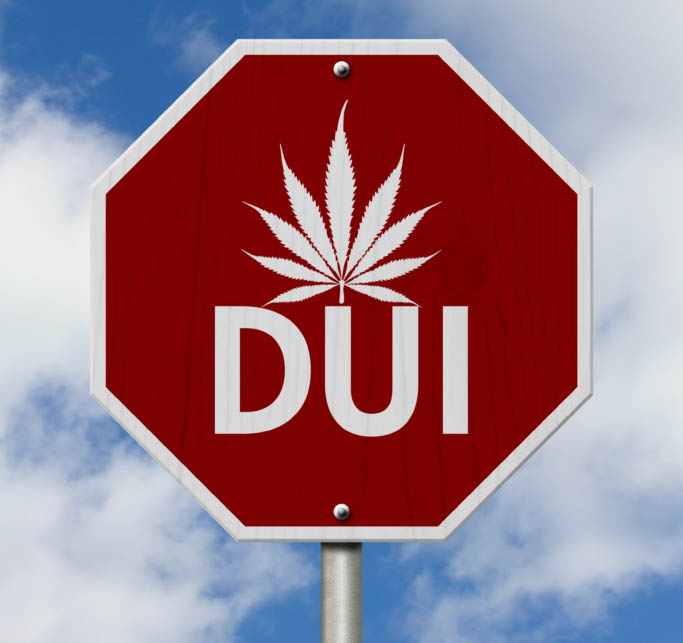
Good opinion.
In State v. Roden, the WA Supreme Court ruled that Washington’s Privacy Act is violated by an officer’s warrantless opening, reviewing, and responding to text messages sent to a suspect’s phone, before the suspect viewed the message.
In State v. Roden, Daniel Lee was arrested for possession of heroin. After the arrest, a police detective spent 5 to 10 minutes browsing through Lee’s cell phone. The detective noticed several text messages from Jonathan Roden. The detective arranged a drug deal with Roden via text messages. Roden was arrested for Attempted Possession of Heroin. The trial court denied Roden’s motion to suppress and found Roden guilty. On appeal, Roden argued that the detective’s conduct violated Washington’s Privacy Act.
The Washington Supreme Court agreed with Roden. It reviewed the Privacy Act act and analyzed the following excerpt in pertinent part: “[I]t shall be unlawful for … the state of Washington, its agencies, and political subdivisions to intercept, or record any: (a) Private communication transmitted by telephone, telegraph, radio, or other device between two or more individuals between points within or without the state by any device electronic or otherwise designed to record and/or transmit said communication regardless how such device is powered or actuated, without first obtaining the consent of all the participants in the communication.”
Furthermore, RCW 9.73.050 declares that evidence obtained in violation of the act is inadmissible for any purpose at trial.
Against this backdrop, the court gave the four-part analysis under State v. Christensen to be considered when analyzing alleged violations of the privacy act. There must have been (1) a private communication transmitted by a device, which was (2) intercepted or recorded by use of (3) a device designed to record and/or transmit ( 4) without the consent of all parties to the private. Roden stated the communications in the text message were intended to be private when intercepted by the detective posing as Lee.
Applying those factors, the Court reasoned that Washington’s privacy act was violated because the detective intercepted private communications without Lee’s or Roden’s consent or a warrant.
My opinion? Good decision. In my experience, this type of situation happens quite often. It’s entrapment, plain and simple. And it violates a defendant’s rights in the process. Contact an experienced criminal defense attorney if you’re facing similar circumstances. Your privacy matters!
Please contact my office if you, a friend or family member are charged with a crime. Hiring an effective and competent defense attorney is the first and best step toward justice.









/if-you-get-a-dui-67215_FINAL-5be992db46e0fb00510b72ca.png)





